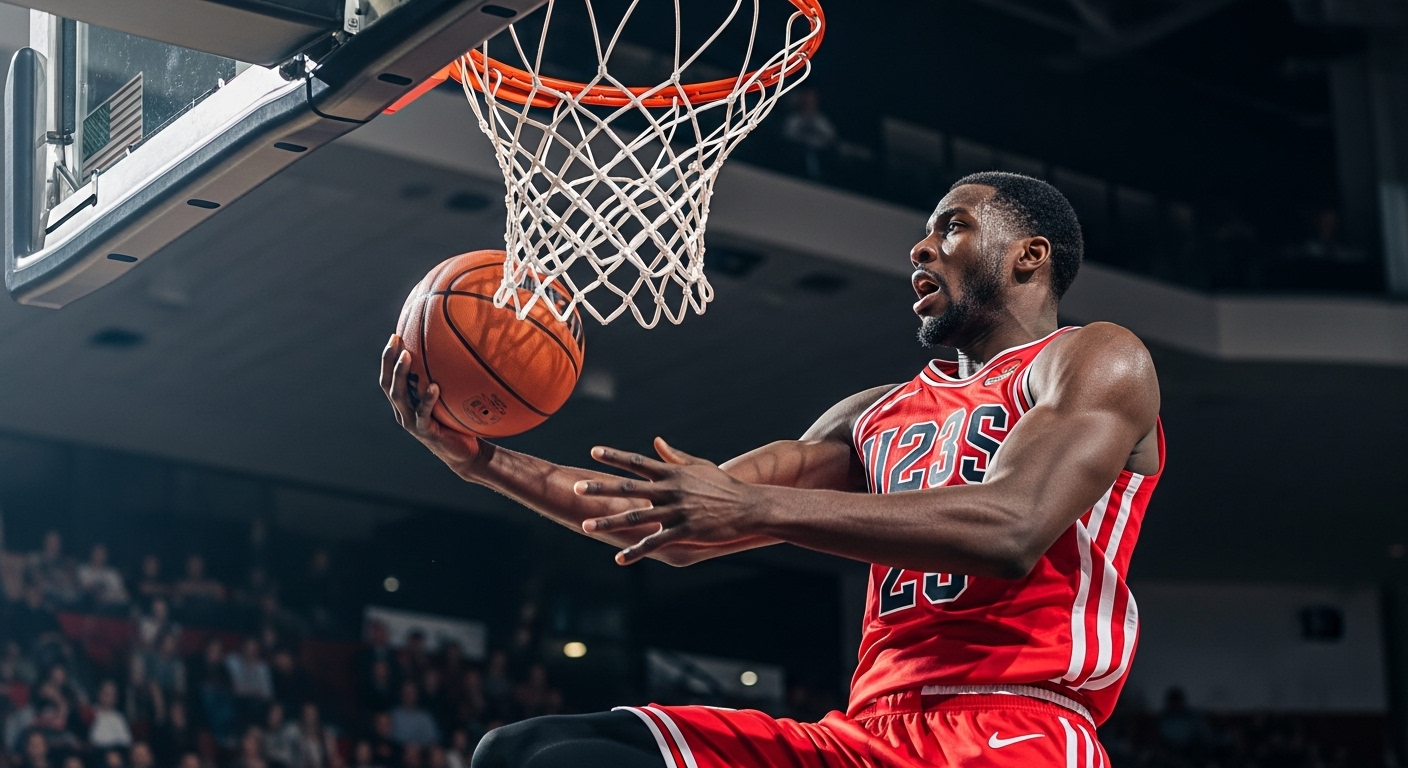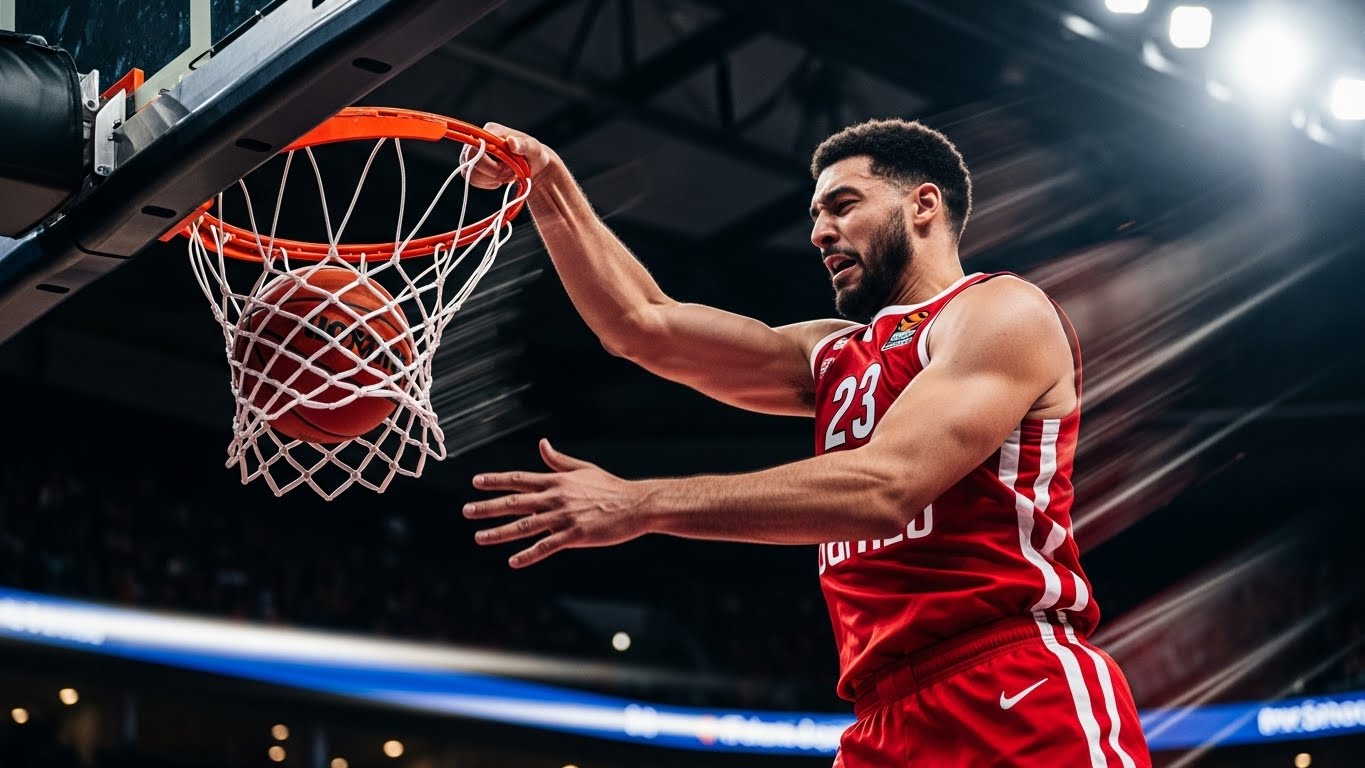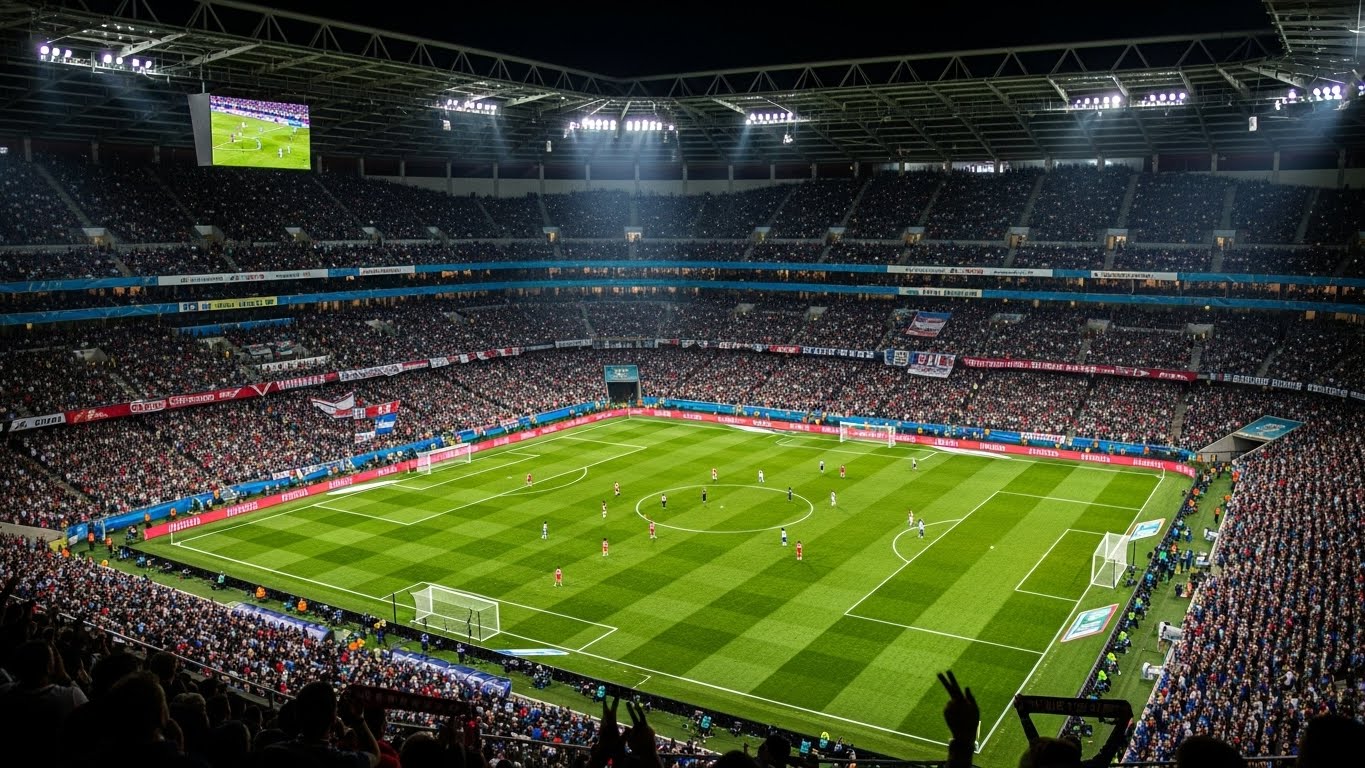Sports have been a vital part of human culture for centuries. From ancient civilizations to modern times, the spirit of competition and physical prowess has evolved into something much deeper than just an activity or pastime. Today, sports hold a unique place in society, influencing not only physical health but also mental well-being, social relationships, and even national identities. In this blog, we will explore how sports transcend mere games and play a significant role in shaping individuals and communities.
The Physical Benefits: Building Strength and Endurance
It’s no secret that sports contribute to physical health. From professional athletes to everyday people engaging in weekend games, sports are a powerful tool for promoting fitness and well-being. Engaging in physical activity strengthens muscles, improves cardiovascular health, boosts flexibility, and enhances coordination.
Regular participation in sports can lead to improved endurance, better posture, and a lower risk of chronic diseases such as heart disease, diabetes, and obesity. Whether you’re running, swimming, or playing team sports, the physical benefits are clear, making sports an essential part of maintaining a healthy lifestyle.
Mental Health and Sports: A Therapeutic Escape
While the physical benefits are often highlighted, the mental health advantages of participating in sports should not be overlooked. Sports provide an outlet for stress, anxiety, and depression, offering a mental escape from the daily grind. Physical activity releases endorphins, the “feel-good” hormones that improve mood and reduce feelings of sadness or stress.
Additionally, the structure and discipline that come with regular training can help individuals develop better focus and resilience. The excitement of a game, the camaraderie with teammates, and the sense of achievement when reaching personal goals all contribute to mental well-being.
Social Impact: Building Communities Through Sports
Sports have the remarkable ability to bring people together. Whether it’s a neighborhood soccer match or an international championship, sports unite people from different walks of life. They serve as a bridge between cultures, countries, and communities, breaking down barriers of race, ethnicity, and background.
Team sports, in particular, foster collaboration, trust, and communication. Individuals learn to work towards a common goal, sharing victories and setbacks alike. This collective effort creates bonds that often extend beyond the playing field, with friendships built through shared experiences. Sports events, too, have the power to galvanize communities, creating a sense of pride and solidarity among fans and participants.
Personal Growth: Lessons Beyond the Game
Sports offer valuable life lessons that extend far beyond the field or court. For athletes, the experience of competing teaches perseverance, discipline, and teamwork—qualities that are essential in all areas of life. Athletes learn how to deal with failure, manage success, and stay motivated even when the odds are stacked against them.
The pressure of performing under scrutiny, especially in high-stakes environments, builds character and resilience. Whether it’s the lessons learned from losing a match or the discipline gained through consistent practice, sports shape individuals in profound ways. These experiences translate into better time management, leadership skills, and a strong work ethic, all of which are applicable to personal and professional growth.
The Role of Sports in Cultural Identity
On a larger scale, sports are often intertwined with national identity and cultural pride. Countries rally around athletes who represent their flags on the world stage, from the Olympics to the FIFA World Cup. Sports competitions have the power to unify a nation, evoke national pride, and create collective memories that last for generations.
For example, the passion surrounding the FIFA World Cup or the Olympics often brings citizens of all backgrounds together to celebrate their shared identity. These events become more than just athletic contests; they are moments of cultural significance that bring a sense of unity in a world often divided by differences.
The Evolution of Sports in the Modern World
In today’s digital age, sports have evolved in ways that previous generations could not have imagined. With the rise of esports, online streaming, and social media, sports have become more accessible and inclusive than ever before. Esports, in particular, has transformed from a niche interest to a global phenomenon, with professional gamers attracting massive followings and millions of dollars in prize money.
Moreover, the role of social media has allowed fans and players to connect in real-time, creating a more interactive and global sports community. Whether it’s through live-streaming games, following athletes on Instagram, or engaging in fan forums, sports have become a platform for constant interaction, blending entertainment with technology.
Conclusion: The Enduring Power of Sports
Sports, in their many forms, are far more than just games played for leisure or competition. They shape individuals physically, mentally, and socially, providing benefits that extend into all aspects of life. From health benefits and mental well-being to community building and personal growth, the importance of sports in our lives cannot be overstated.
As we continue to evolve as a global society, sports will remain a cornerstone of human culture—helping to break barriers, promote unity, and inspire future generations. Whether played professionally or enjoyed casually, sports are a timeless source of joy, pride, and connection.



